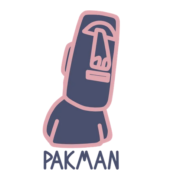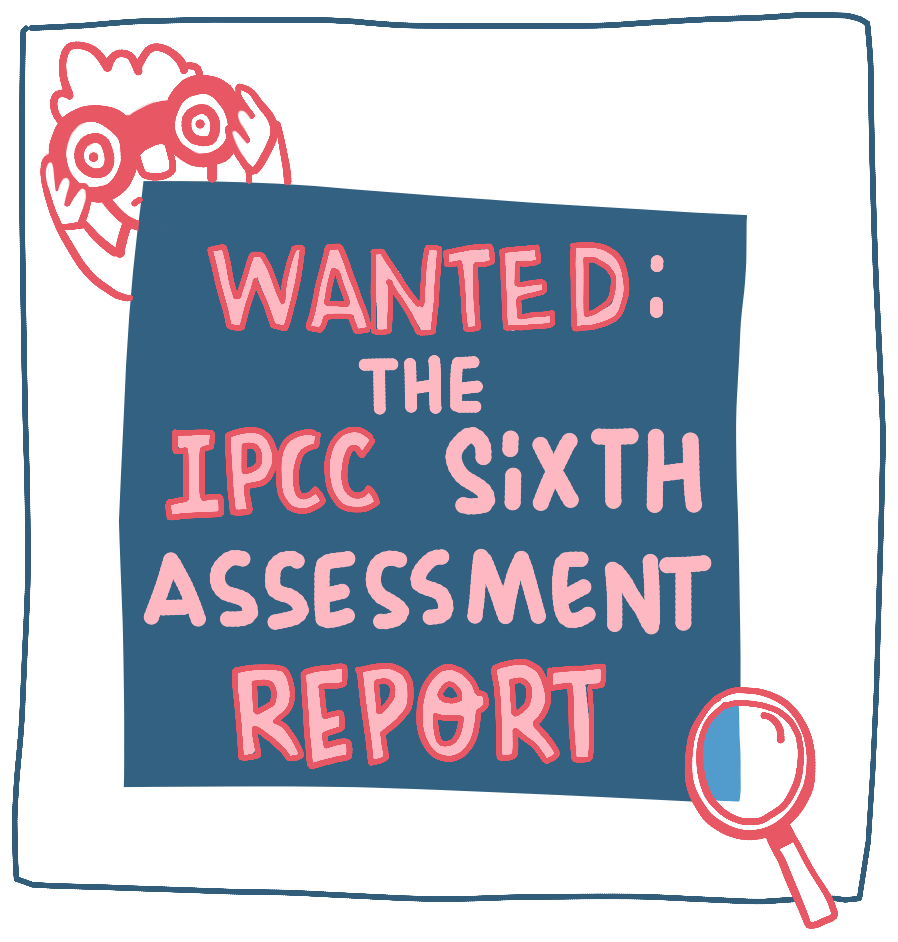Please help us improving the translation in English of this text Contact : deniclimatique@gmail.com
Sign this letter : https://tinyurl.com/jesigneici
“You’re not going to bore us with your catastrophism about the climate”; “we could try our hardest in Belgium but it would not make a difference because of the impact of China and the United States”; “those minerals in the battery of your electric bike, have you seen the conditions in which they were extracted?”; “windmills do more damage than good, and their usefulness is intermittent”; “the company cars are the cleanest”…
“But what about my freedom?”; “stop guilt-tripping me!”; “if you want to deprive yourself of everything that gives you pleasure, that’s your problem… but leave my comfort alone”…
To travel daily alone in a car even for short trips, to eat meat everyday, to fly even for a two-day city-trip, to prefer large-scale distribution to small producers, to drive at 120 km/h on the highway, to run the air conditioning…all of these habits are sustaining our descent into climatic hell, but still they remain overwhelmingly popular.
Our society is collectively sinking into blindness over the consequences of our lifestyles. Yet, who can consciously accept the inadequacy of action in the face of climate change? Droughts, fires, human displacement and migration, floods, food shortages… not to mention the numerous consequences to the destruction of biodiversity. We must either give up some of our western comfort, or accept that the planet will become uninhabitable for billions of human beings. Faced with this impossible choice, the solution for which we collectively opt is denial: by continuing to live in ignorance of reality, we are making the collective choice to accept serious damage to humanity which will only increase in the coming years. Even economically, this is a losing bet for our societies… Collective climate denial is a fundamental element of the human condition which is being tragically exploited by the political sphere for electoral purposes.
The climate emergency, which constitutes the greatest challenge humanity has ever faced, has been described in detail in every IPCC report published since 1990, although it has been more than 50 years since the first scientists warned about global warming. The Working Group III contribution to the Sixth Assessment Report “Mitigation of climate change” was published on April 4, 2022 ; we can retain from it that theoretically there is a very large number of decisions that could be taken to reduce the negative consequences of human activity on our planet. This report points out that it is crucial that the peak of greenhouse gas emissions be reached in 2025, meaning that we have less than three years to act… The complexity of this challenge is as great as the need for all actors in society, including political decision-makers, companies and citizens, to mobilise relentlessly to save ourselves and our planet.
Unfortunately, the power of collective denial is such that we can already be sure that the actions which will be taken in the coming months will be far from what is recommended by the IPCC. The media has been talking about the climate emergency for at least three years. However, we do not perceive in the evolution of society such a sense of emergency in actions! One of the indicators of this collective denial of the climate emergency is the level of communication of political parties following this third part of the IPCC report; the general watchword of those who influence political decisions is deafening silence, nothingness. This silence is a notable consequence of the discrediting of ideas and people who advocate for an acceleration of the transition towards a sustainable society.
To justify slowing down the transition, or even maintaining the status quo, as much as possible, policy makers and companies have an alibi: people. The individualistic vision of our societies leads people to believe that the problem is a matter of individual choices. However, the solution to a collective problem can only come from public authorities across all levels of power. People in precarious situations are those who will suffer the most from the economic costs of reducing the carbon footprint of our society only by technology, and they are also the ones who are most vulnerable to the consequences of climate change. It is unacceptable that those with the least financial and cultural capital become the victims of the climate irresponsibility of the most affluent.
To rise to the climate challenge, policymakers should certainly risk sacrificing themselves electorally. Given the collective inertia that pushes the majority of citizens to desire maintaining as much as possible their comfort, it is enough for them to show that they are acting (a little), to sow doubt on the solutions for the transition (intermittent energies…), or to conjecture that the solution will come from technological innovations (thus ignoring the rebound effect), or to agitate the threat of an eventual degrowth scenario and its related effects, thus killing any debate on sufficiency…
Some parties refer to the IPCC reports only to oppose the nuclear phase-out; the extension of a few reactors does not constitute a substantial programme in the face of the climate emergency. However, this same report states that “sufficiency policies are a set of measures and daily practices that avoid demand for energy, materials, land and water while delivering human wellbeing for all within planetary boundaries”.
Targeting carbon neutrality in 2035, or even 2050, is not enough to reach peak emissions around 2025; three years is not enough time to reasonably expect mass deployment technological innovations which will have a real impact on a global scale. Whether it is greenwashing or not, political decision-makers and some companies are sending the message that they are taking action; the problem is no longer inaction but the inadequacy of their actions, which ignore the conclusions of the IPCC.
Democracy is supposed to allow us to aim for the common good; the number one challenge of the next few years requires that a discourse of truth take over from electoral calculations. Act now! Societal inertia is not an excuse for slow and insufficient climate action; it is a reason to strengthen communication and action in the short term with a united front through a calm and respectful debate.
So, take a stand! Do you consider that action against climate change is sufficient? If you question the conclusions of the IPCC, then assume it publicly; if not, share them relentlessly! No political group has a monopoly on the climate emergency… It is the business of the whole society, but your fellow citizens can no longer serve as an alibi for your irresponsibility.
Show your commitment to the climate today!
Sign this letter : https://tinyurl.com/jesigneici

